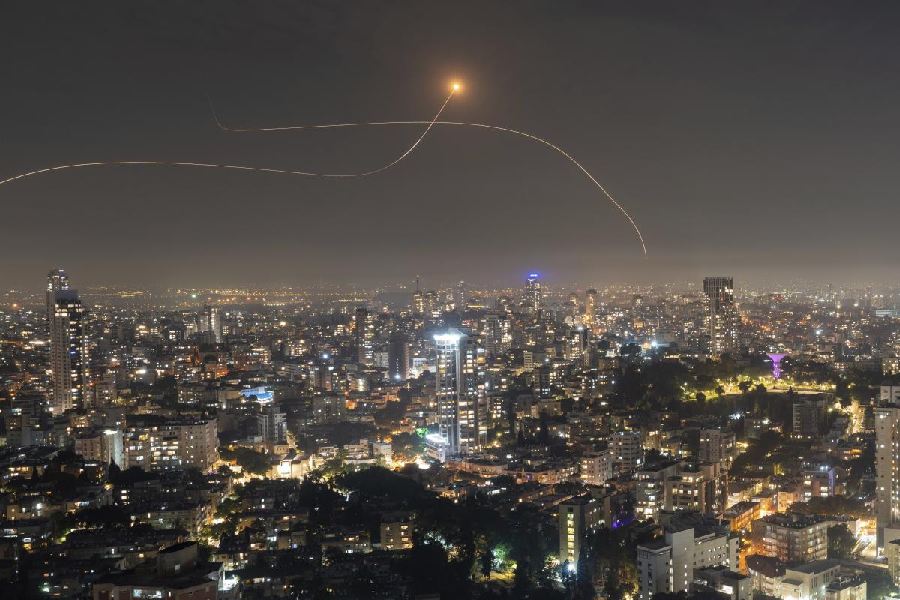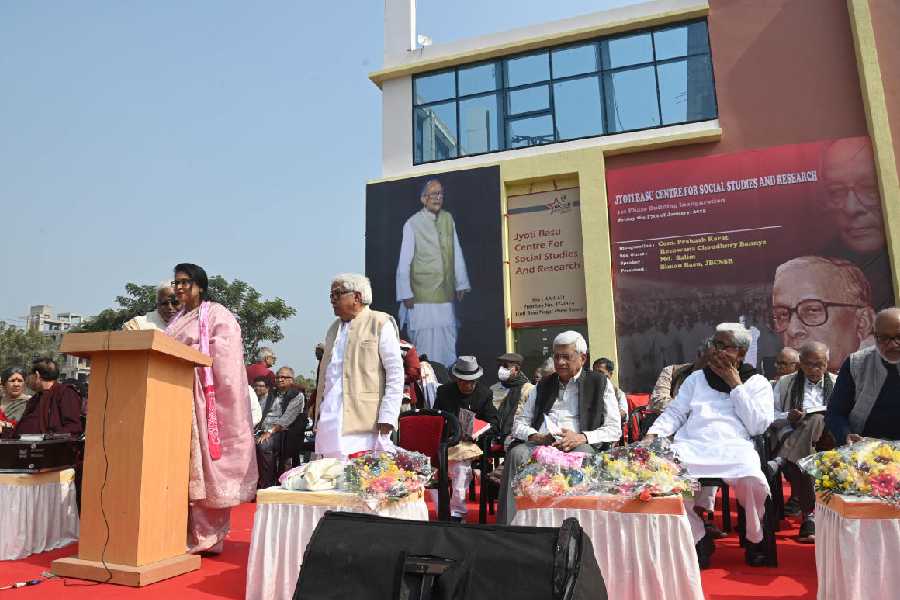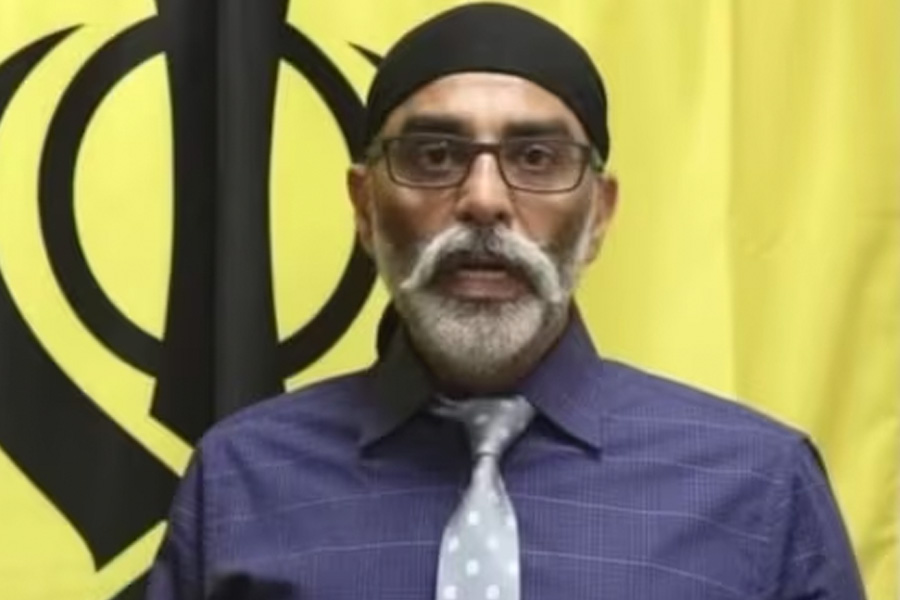Shruti Dey Sarkar, a 29-year-old girl from Siliguri, now wakes up with a shrill siren at night and even in the early morning and quickly runs towards the bunker
in her house to keep herself safe.
Shruti, along with her husband, are among the 15,000-odd Indians who live in Israel.
“On October 9, we suddenly woke up on hearing a very loud siren and had no inkling as to what was happening. However, as we had heard from some of our Israeli neighbours that in such a situation, we should walk into the underground shelter, we followed suit. Soon after, we heard that there had been missile attacks from Gaza in our area. Nowadays, it has become our daily routine. We don’t know when things will change,” said Shruti.
For the past two years, she has been staying in Ramat Gan, a city in the Tel Aviv district of Israel, located east of the municipality of Tel Aviv. It is also a part of the Tel Aviv metropolitan area.
“Our town is in central Israel, which is a little far from Gaza. We got around a minute and a half to get to the shelter below our house before the missiles fired from Gaza. Every house in Israel has an underground shelter. Those who live in places close to Gaza have very little time to reach the shelter. It is like 15 seconds, 30 seconds, 45 seconds or so on,” she said.
Atanu Paul, her husband, has been staying in Israel for four years. He is doing a post-doctorate at Bar-Ilan University, a public research university in Ramat Gan.
Since October 7, Israel and Hamas have been at war, after the Palestinian militant group launched surprise cross-border raids from Gaza and in response, Israel has been pounding the territory with air strikes.
“We often see fireworks in the sky as iron domes intercept and destroy missiles mid-air. I have never witnessed such a situation in my life. No missile has landed in our area so far but there is always an apprehension and we are living with it,” said Atanu, who is 32 years old.
Shruti, who teaches in a local kindergarten school, said the schools are closed now.
“The government here has closed down schools in our area because of the attacks. We can’t leave our homes without a proper reason. Now we have to rely on a government app which gives information about work activities, schools and gatherings. Since last Saturday, our area has been declared a red zone, which means it is prone to missile attacks,” said Shruti.
Among the Indians who stay in Israel, most work as caregivers or as medical attendants.
“The Indian embassy has all our information and they have told us to be prepared for any eventuality. In case of an emergency, we may have to vacate our place and go somewhere safe,” she added.










